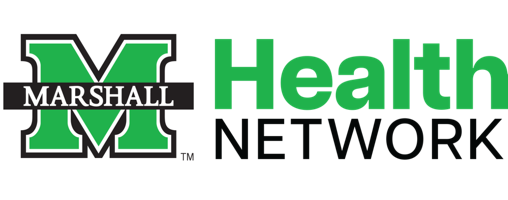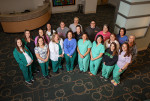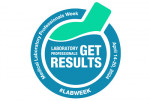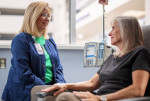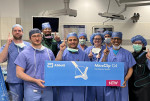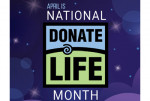Mountain Health hospitals implement restricted visitation policies in response to COVID-19
Sunday, March 15, 2020
As part of its commitment to the health care of the community, as well as the safety of patients and employees, Mountain Health Network (MHN) has implemented restricted visitation policies for both Cabell Huntington Hospital (CHH) and St. Mary’s Medical Center (SMMC) in response to Coronavirus Disease 2019 (COVID-19). The policies became effective Friday, March 13, 2020.
“The health and well-being of our community are our top priorities,” said Hoyt Burdick, MD, chief clinical officer, Mountain Health Network. “We thank everyone in advance for their understanding and cooperation as we work together to optimize both the health and safety of our patients, visitors, and caregivers.”
For both CHH and SMMC, the visitation policies, until further notice, are:
- Visitors will be limited to one per patient in the hospital at a time.
- Minimal visitation is encouraged. People who are not feeling well should not visit patients at this time and should instead reschedule their visit until they are no longer sick.
- All visitors are required to obtain a visitor’s badge before entering patient areas.
- Children under the age of 16 are not permitted to visit the hospital.
- Exceptions to these restrictions will be made on a case-by-case basis based on special circumstances and/or prior approval of designated leadership.
The skilled nursing and behavioral health units at SMMC are closed to visitors. Visitation policies within other care environments may also differ and are subject to additional modifications. Visitors with questions regarding a specific unit’s visitation restrictions, or other concerns, should ask to speak with the clinical manager of that unit.
Patients with symptoms of COVID-19 (fever, cough, shortness of breath) should call the West Virginia Public Health Hotline at 1-800-887-4304 for directions. If symptoms are severe and emergency care is recommended, patients should provide advance notice to EMS or call ahead to the hospital emergency department prior to arrival.
As always, the best way to prevent infection is to avoid becoming exposed to the virus:
- Avoid close contact with people who are sick
- Avoid touching your eyes, nose and mouth with unwashed hands, and wash your hands often with soap and water for at least 20 seconds. If soap and water are not available, an alcohol-based hand sanitizer should be used.
- Anyone who is sick should stay home.
- Cover your cough or sneeze with a tissue and then throw the tissue in the trash.
- Clean and disinfect frequently touched objects and surfaces.
Both CHH and SMMC have implemented procedures to identify and care for patients in the safest manner possible to protect patients, visitors, and employees. MHN is working together with local, state and national public health officials, the Marshall University Joan C. Edwards School of Medicine, and first responders to coordinate efforts and to assure an organized response to the community’s healthcare needs.
